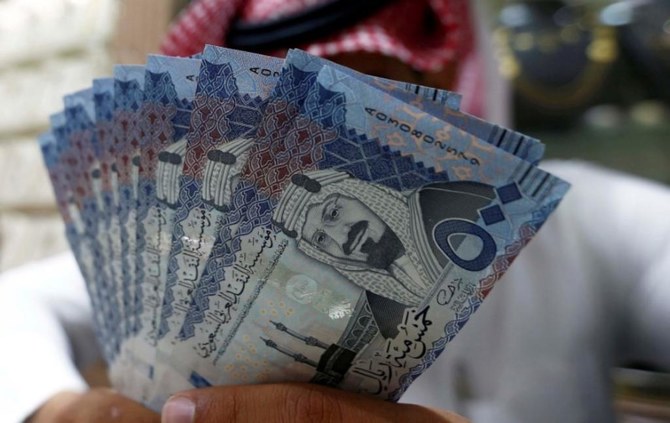06/02/2024
06/02/2024

RIYADH, Saudi Arabia, Feb 6: Remittances from foreign workers in Saudi Arabia saw a continued decline in 2023, marking the second consecutive year of downturn, according to a report from Saudi authorities. The remittances totaled SR124.9 billion, representing the lowest figure in over a decade.
The report, citing data from the Saudi Central Bank, indicated that remittances in 2022 stood at SR143.2 billion, down from SR153.5 billion the previous year. The peak of remittances was recorded in 2015 at SR156.9 billion, making last year's figure the lowest since 2011.
However, despite the decrease in remittances, the report highlighted a significant rise of 19.8 percent in the number of foreign workers in Saudi Arabia. The total number of foreign workers in the private sector, excluding domestic labor, reached a record high of 8.7 million by the end of 2023.
The decline in expatriates' remittances was attributed to several factors, including increased local spending due to improved quality of life and the rise in entertainment events and tourist attractions. Additionally, the high cost of living for expatriates and their dependents was identified as a contributing factor.
Saudi Arabia hosts a large community of expatriate workers, and in recent years, the country has intensified efforts to prioritize job opportunities for its citizens through initiatives like "Saudisation."
A census conducted by the Saudi General Authority for Statistics last May revealed that the kingdom's total population stood at 32.2 million, with foreigners accounting for approximately 41.5 percent, or 13.4 million.
Among the expatriate population, Asian nationals from three countries constituted over 42 percent of the total. Bangladeshi nationals led with 2.1 million, followed by Indians with 1.88 million and Pakistanis with 1.81 million. Yemenis ranked fourth with 1.8 million, followed by Egyptians, Sudanese, Filipinos, and Syrians.


